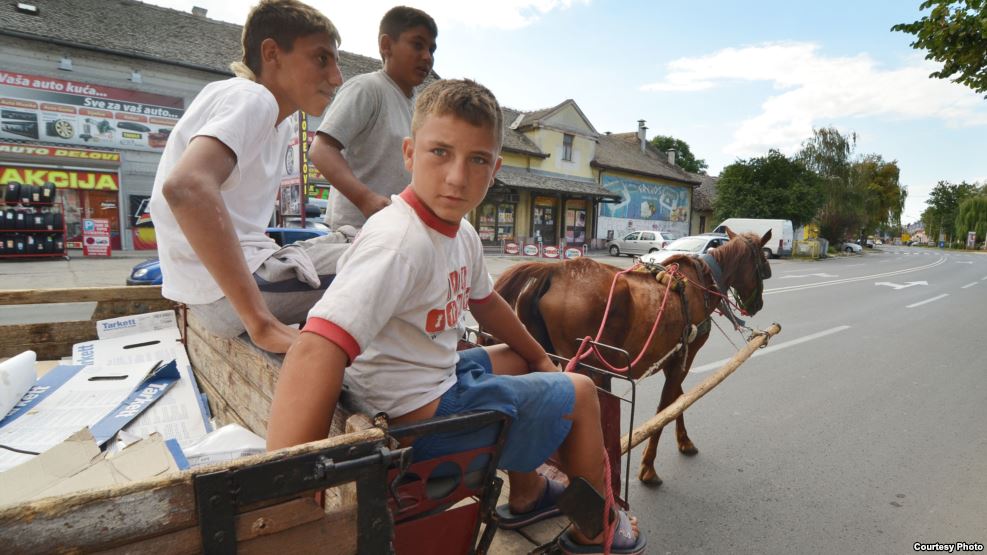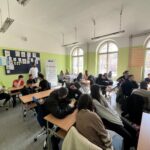
Program description
The study “Mapping of potential migrants from Serbia and returnees in Serbia” BFPE has prepared in the framework of the German-Serbian initiative for sustainable growth and employment.
Events in this program
Yearly, BFPE realizes more than fifty various events: conferences, round tables, panel discussions, consultancy, workshops and simulations.
Analysis and Publications
All our analysis in a single place: analysis; policy proposals; analytical reports from our events.
Program description
Download the study:
Regardless of the good will of the state which has since 2009 started to implement strategies related to returnee population, the results on the field are still at a low level and depend on the capacity of local communities to adopt these measures.
The study finds a discrepancy between the data which has the Ministry of Interior and the unfavorable decision of the EU to the migrants for the first time applying for asylum or that Serbian authorities do not recognize about 12,000 people with a migration history.
“The returnees today largely rely on non-governmental organizations, which give them free legal aid, as well as individuals who deal with the issue of readmission,” stated in an interview for Tanjug Program Coordinator at BFPE and writer of the study Damjan Malbašić .
He points out that the largest number of returnees often have problems with obtaining personal documents, and that they are then denied access to certain elementary civil rights, social protection, and have problems finding employment.
Malbašić states that, when it comes to mechanisms of readmission, the primary reception is very well organized, with the Office for Refugees and Migration at the airport, as well as administration of the Ministry of Interior dealing with this issue, but the problems occur when people come to the local community in which they are supposed to settle.
“The returnees are first confronted with the problem of resettlement, as large funds from the state budget and international institutions have yet to be used to help people for resettlement of the primary or for the repair and reconstruction of houses,” says Malbašić.
Malbašić believes that the root cause of migration/readmission remains high unemployment in the society, and that vulnerable groups, which often belong to people who become returnees, are forced to seek employment outside the borders of Serbia.
“When we talked to returnees, it turned out that most of them have the desire to return to Germany or other EU countries. They want to remain in Serbia, which is their country, but face the problem of finding employment and until you solve this issue, returnees will continue to be one of the topics in Serbia,” concludes Malbašić.
As for the profile of returnees, about 82 percent of the citizens who are deported to Serbia are Roma.
This number comes from the official statistics of the Commissariat for Refugees and Migration, which deals with the primary reception of deported people, says Malbašić.
The reason is stated, very clear – the Roma are socially excluded in Serbia, faced with extreme poverty and discrimination, especially in the field of labor.
Malbašić also points out that one of the main problems in connection with readmission is measuring the number of returnees, since research has shown that neither Serbia nor the EU do not have final data on the number of people crossing the border. This is because the readmission legally non-binding, that returnees do not have to apply to any state agency on his return to Serbia.
An additional problem is the fact that social work centers do not yet apply the measures, which could recognize the returnees as a specific category.
On the other hand, non-governmental organizations represent a link between the state and returnees, says Malbašić, and points out that the state is not yet aware of all the problems returnees face throughout the system.
The study of potential migrants from Serbia and returnees in Serbia was presented at the “Belgrade dialogues” which have, for the third year in a row, been held on 13 September, and organized by Forum Serbia Germany and BFPE.








